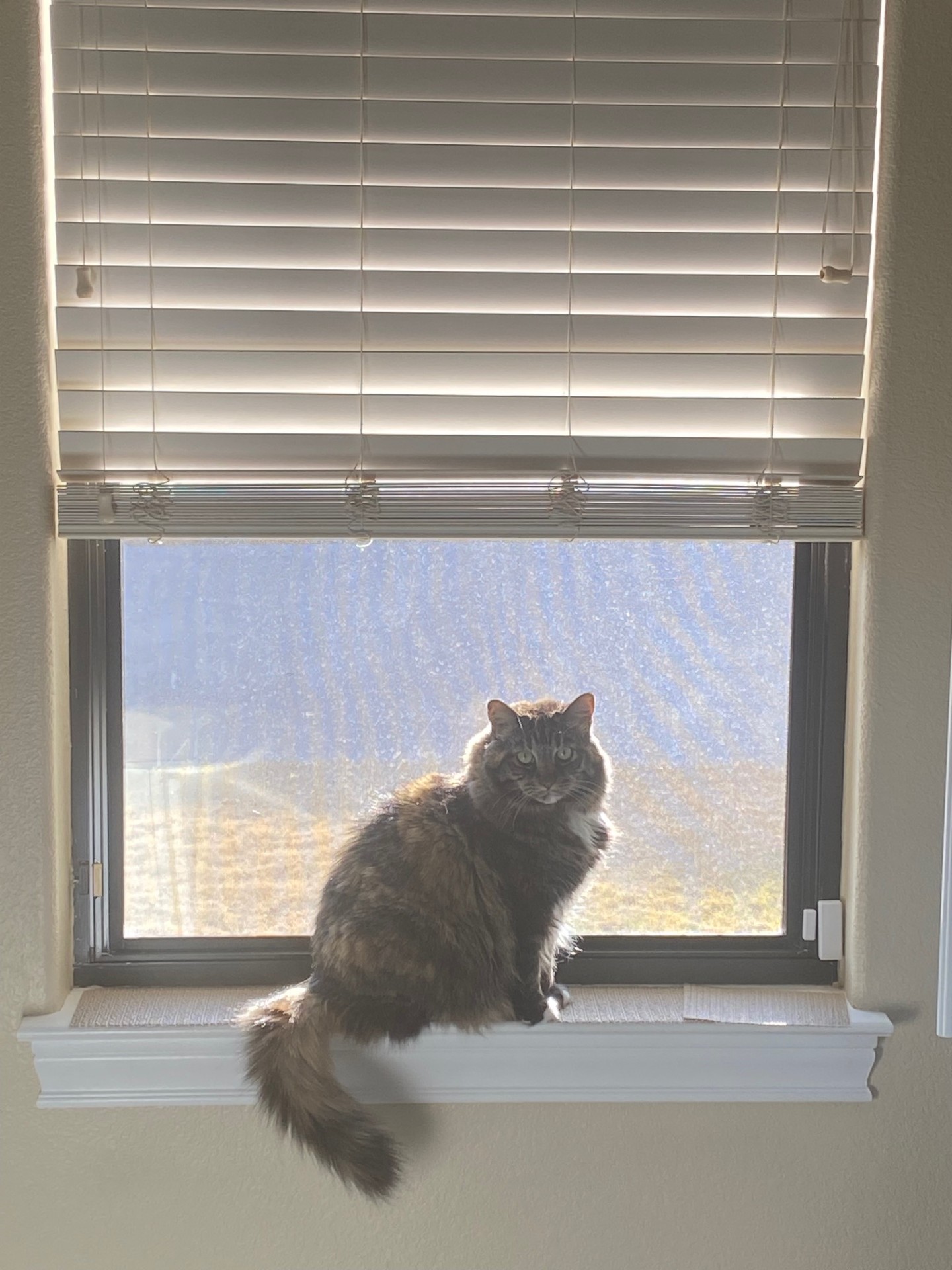
Does your cat spend a lot of time sniffing everything around her? Mine does—especially my shoes! Sniffing is a way cats explore, and now a new study from Tokyo helps us understand how they respond to scent.
Thirty cats in the study were filmed responding to their owner’s scent against a stranger’s and to keep stress levels low and to persuade them to participate, the study was done in their homes. Humans in the study were told to swab behind their ears, toes, and underarms and to avoid eating pungent foods or wearing perfume. Then each sample was sealed in separate plastic tubes.
On average, the cats spent about two and a half seconds on their owners’ tubes but twice as long on the strangers’ tubes. Most cats all but ignored the blank tubes. When sniffing a strange scent, the cats were seen favoring their right nostril, then switching to the left as it became more familiar.
Dogs and horses do this too, which could imply that the right brain processes new or alarming smells and the left brain deals with familiar ones. The cats were also seen rubbing the plastic tube with the same cheek as the sniffing nostril to mark the object as theirs just as they do to you.
And just like humans, a cat’s personality played a role. Neurotic cats sniffed furiously the blank or familiar tubes first, while agreeable cats calmly sniffed out the strange or blank scents first. Aren’t most cats neurotic?
Since cats remain largely a mystery to us, this work helps to unlock the behaviors of our furry companions and confirms other studies that show cats are in tune with their humans! And they can be just plain weird.
More Information
Behavioral responses of domestic cats to human odor
People all around the world live with cats and cats engage in many social behaviors toward their owners. Olfaction is one of the most important sensory abilities in cats, yet its role in recognizing humans remains unclear. In this study, we assessed the role and characteristics of olfaction in the discrimination of known or unknown humans by cats using ethological methods.
Cats Can Recognize Their Owners by Smell Alone
A new study has found that domestic cats can distinguish between their owner’s scent and that of a stranger using their sense of smell alone. When presented with scent samples from familiar and unfamiliar humans, cats consistently spent more time sniffing the unfamiliar scent.
Cats and human emotions: A stronger bond than we thought?
A recent study shows cats can detect human emotions through scent—especially fear—suggesting our cat friends might understand us more than we realize.